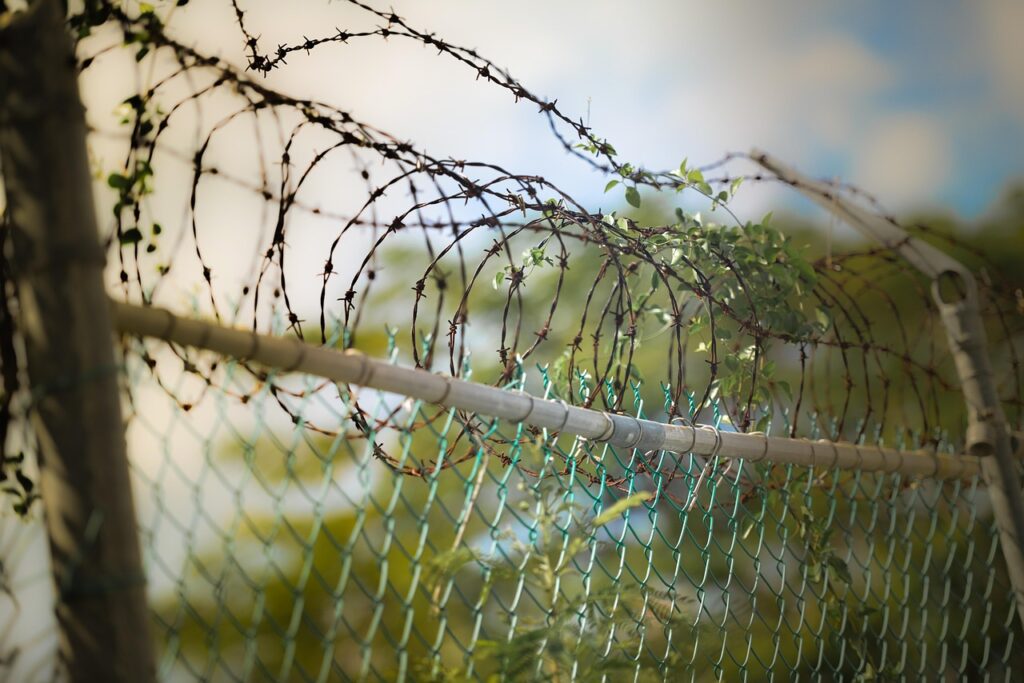Leonard Peltier, a prominent Native American activist, was granted clemency by President Joe Biden on Tuesday, allowing him to serve the remainder of his sentence under house arrest after spending nearly 50 years in prison. Peltier, a member of the Turtle Mountain Band of Chippewa Indians, had been convicted in 1977 for the deaths of two FBI agents during a violent shootout at the Pine Ridge Indian Reservation in South Dakota in 1975. His release comes after decades of controversy surrounding his conviction, as well as calls for justice from supporters worldwide.
At 80 years old, Peltier suffers from multiple health issues, including diabetes, hypertension, and complications from several COVID-19 infections. His declining health was a central factor in the decision to commute his life sentence. Despite the significant time he has spent behind bars, Peltier maintained his innocence throughout his incarceration, arguing that his trial was tainted by misconduct, conflicting testimonies, and withheld evidence. His supporters have long called for his release, believing that he was unjustly imprisoned.
A History of Controversy
The case of Leonard Peltier has remained one of the most controversial in U.S. legal history. In 1975, two FBI agents, Jack Coler and Ronald Williams, were killed during a standoff between federal agents and members of the American Indian Movement (AIM) at Pine Ridge. Peltier, a prominent figure within AIM, was charged with the agents’ murders. However, many aspects of his trial and conviction have been called into question over the years.
Peltier’s supporters argue that his conviction was based on faulty evidence and a rushed trial. Key witnesses later recanted their testimonies, and claims were made that crucial exonerating evidence had been withheld by the prosecution. Despite these concerns, Peltier was convicted, and his case became a symbol of systemic injustices faced by Native Americans in the U.S. legal system.
Throughout his time in prison, Peltier received support from high-profile figures, including global leaders like Pope Francis, Nelson Mandela, and the Dalai Lama. Human rights organizations, such as Amnesty International, have long advocated for his release, citing concerns over the fairness of his trial and his deteriorating health.
A Long-Fought Victory for Indigenous Rights
Peltier’s release marks a significant moment for Indigenous rights advocates, who view his case as emblematic of the broader struggles faced by Native American communities. Nick Tilsen, the CEO of the NDN Collective, an organization that has supported Peltier’s release, called his freedom a symbol of resilience and strength. “His wrongful incarceration represented oppression, and his release today is a victory for Indigenous communities,” Tilsen said.
The NDN Collective, which played a key role in bringing Peltier back to his homeland, will host a welcoming event for him on Wednesday. Supporters are celebrating this moment as a historic win for Indigenous peoples and their ongoing fight for justice and equality.
In a statement released through the NDN Collective, Peltier expressed his gratitude and relief, saying, “Today I am finally free! They may have imprisoned me, but they never took my spirit!” His words resonate deeply with those who have supported him over the years, especially those within Native American communities who have long viewed his case as a reflection of the systemic injustices they face.
FBI Agents and Law Enforcement Groups React
While Peltier’s supporters celebrate his release, not everyone agrees with the decision. The FBI Agents Association has strongly condemned President Biden’s move, arguing that Peltier has never shown remorse for the deaths of the two FBI agents. Association President Natalie Bara called the commutation “a disgraceful act” and described it as a “betrayal” to law enforcement.
Bara and other law enforcement officials argue that Peltier’s conviction was justified and that his actions on the day of the shootout were intentional. They contend that the commutation sets a dangerous precedent and undermines the sacrifices made by law enforcement officers in the line of duty.
Despite the opposition from law enforcement groups, Peltier’s release is seen by many as a victory for justice and human rights. Amnesty International’s Paul O’Brien called the commutation “the right thing to do,” highlighting the concerns over Peltier’s trial and the negative impact of his continued incarceration on his health.
What Does This Decision Mean for Future Clemency Cases?
The commutation of Leonard Peltier’s sentence raises important questions about the use of presidential clemency in the U.S. and its impact on cases involving controversial convictions. Peltier’s release is likely to fuel further debate about the role of clemency in the criminal justice system, particularly when it comes to cases that involve alleged miscarriages of justice and the health of prisoners.
While his release may be seen as a triumph for his supporters, the controversy surrounding his case is unlikely to fade anytime soon. Peltier’s supporters continue to call for a full exoneration, while his critics argue that the justice system worked as intended and that his release is a misguided decision.
As Peltier begins the next chapter of his life under home confinement, his supporters are hopeful that this marks the beginning of a broader movement for justice for Indigenous peoples and for those who have been wrongfully convicted. His case remains a touchstone for discussions about the treatment of Native Americans in the U.S. legal system and the ongoing fight for equality.
Peltier’s release does not erase the pain and loss experienced by the families of the two FBI agents, nor does it settle the ongoing debate about the events of 1975. However, it serves as a reminder of the power of advocacy, the importance of questioning the fairness of legal proceedings, and the need to address the health and well-being of incarcerated individuals.
For more information on this case and updates on Indigenous rights advocacy, visit Financial Mirror.
